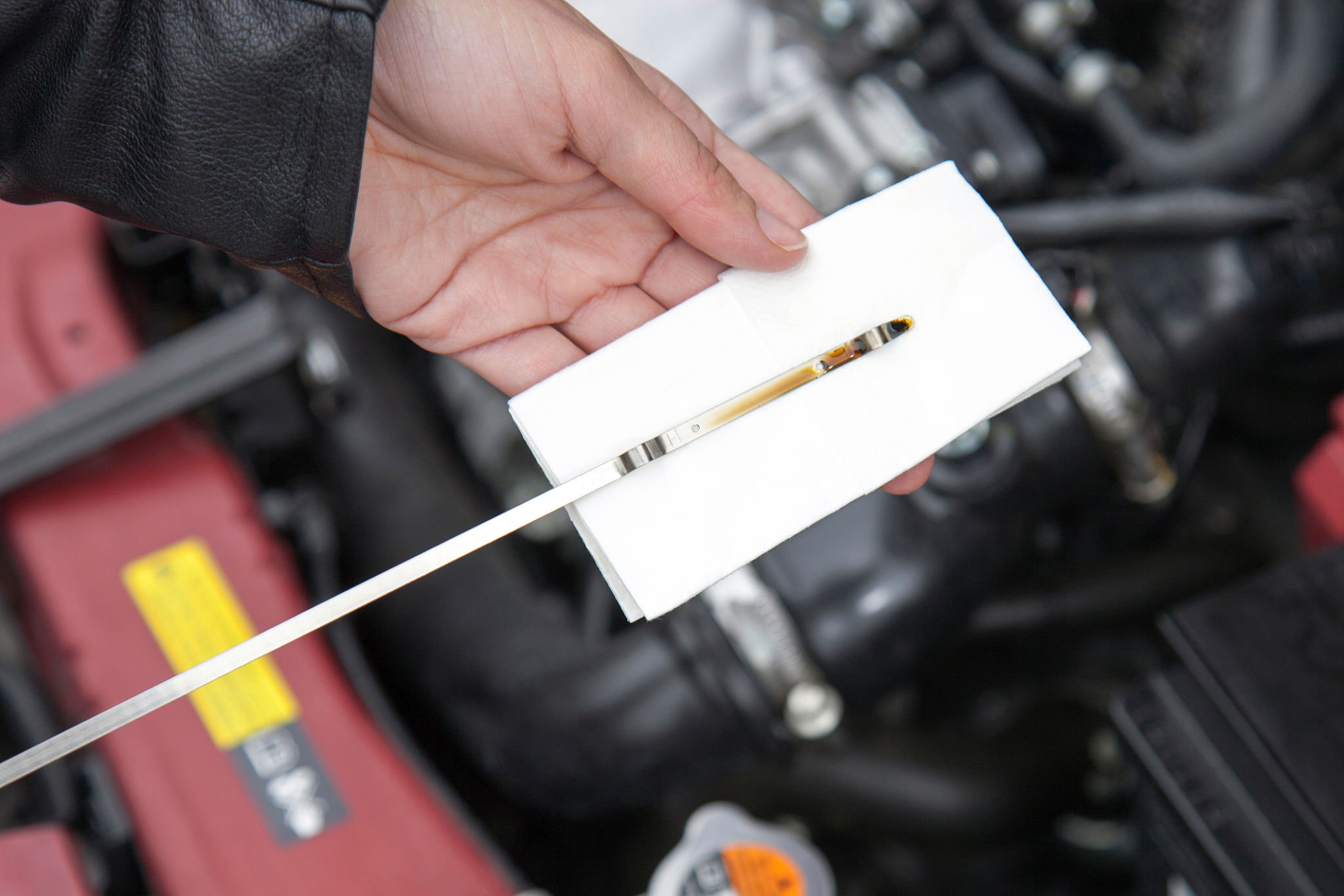How to Prepare Your Car for Safe Towing in Port St. Lucie
Understanding the Basics of Towing
Towing a vehicle safely requires a clear understanding of several fundamental principles. Whether you're moving a trailer, a boat, or another car, it's crucial to know the towing capacity of your vehicle. Exceeding this capacity can lead not only to damage but also to dangerous situations on the road. Always consult your vehicle’s manual to determine its maximum towing capacity and ensure you stay within this limit.

Ensuring Your Vehicle is in Top Condition
Before you hit the road with a trailer in tow, ensure your car is in optimal condition. Start with a thorough inspection of your brakes, as they will be under additional strain. Check the tire pressure on both your vehicle and the trailer to ensure stability and safety. Remember, properly inflated tires can make a significant difference in handling and fuel efficiency.
Check the Fluid Levels
Fluids play a critical role in keeping your vehicle running smoothly, especially when towing. Make sure to check and top off essential fluids such as engine oil, transmission fluid, and coolant. Towing can cause these fluids to deplete faster than usual, so maintaining proper levels is key to avoiding overheating and other mechanical issues.

Choosing the Right Hitch and Accessories
The hitch is the crucial link between your vehicle and the trailer. Selecting the right hitch is essential for safe towing. Ensure that the hitch you choose is compatible with both your vehicle and the trailer. Additionally, consider investing in accessories such as sway control devices and weight distribution systems. These can greatly enhance stability and control while driving.
Inspecting and Connecting the Trailer
Before you start your journey, conduct a comprehensive inspection of the trailer. Check for any signs of wear or damage, including the lights, brakes, and tires. Properly connect the trailer to your vehicle by securing safety chains and ensuring that all electrical connections are functioning correctly. This step is vital for visibility and safety on the road.

Practicing Safe Towing Techniques
Once everything is set up, it’s time to focus on driving techniques that ensure safety while towing. Always maintain a safe distance from other vehicles, as stopping distances will be longer when towing. Take turns slowly to prevent the trailer from swaying or tipping over. Additionally, be mindful of speed limits, as trailers can make your vehicle less stable at high speeds.
Planning Your Route
Before setting off, plan your route carefully. Avoid roads with sharp turns, steep hills, or low clearance bridges that may pose challenges for towing. Consider using GPS systems that offer real-time traffic updates and alerts for road conditions that could impact your journey.

Final Safety Checks Before Departure
Before departing, conduct a final walk-around inspection of both your vehicle and trailer to ensure everything is securely fastened and in proper working order. Double-check that all lights are functioning correctly and that safety chains are attached securely. Taking these few extra minutes can make a significant difference in ensuring a safe towing experience.
By following these guidelines, you can prepare your car for safe towing in Port St. Lucie, ensuring a smooth and secure journey for both you and other road users.
